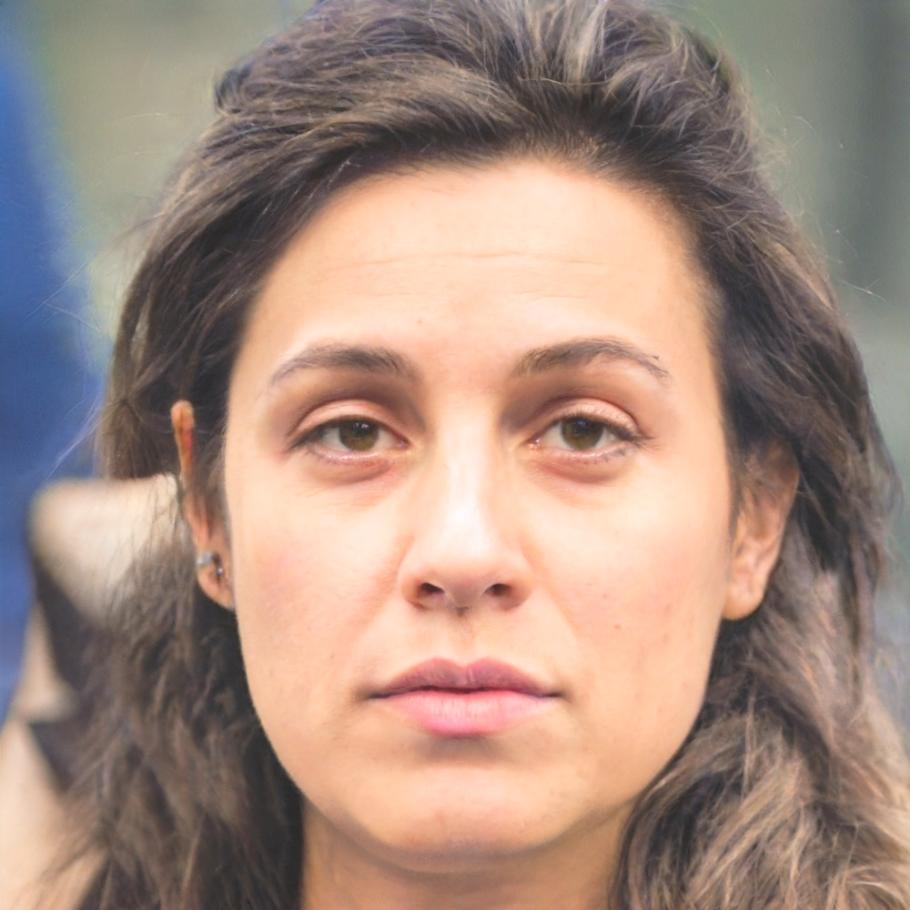Building Wealth Through Regular Investing
We started Optimech Zen because most investing education felt disconnected from reality. People needed practical knowledge, not theory.
Our approach focuses on consistent habits over time. Small, regular contributions compound into meaningful growth when you stick with them.

How We Got Here
Our journey started with a simple observation: investing advice was either too complex or oversimplified. We wanted something in between.
The Beginning
Started as weekend workshops in Winnipeg. Just six people in a coffee shop, talking about what actually works when you're building a portfolio on a regular income.
First Full Program
Launched our structured curriculum after realizing people needed more than one-off sessions. The six-month format emerged from student feedback about what actually helped them develop consistent habits.
Virtual Expansion
COVID pushed us online faster than we planned. Turned out to be good timing—suddenly we could reach people across Manitoba and beyond without asking them to drive downtown every week.
Looking Forward
We're opening enrollment for fall 2025 programs with a refined curriculum. Same principles, better delivery based on twelve years of seeing what helps people actually stick with investing.
What Changes When You Learn This
We track what happens after students finish our programs. Not to brag, but because we're curious if what we teach actually makes a difference months later.
From Confusion to Clarity
Most people start thinking they need thousands to begin investing. After week three, they're usually making their first contributions—often with amounts they didn't realize would make a difference.
Practical UnderstandingBuilding Consistency
The hardest part isn't learning what to do. It's doing it every month when life gets busy. Our students develop systems that work even during chaotic periods.
Long-term HabitsCareer Applications
Understanding investing changes how people negotiate salaries, evaluate benefits packages, and think about retirement contributions. Several students have moved into financial services roles after completing our program.
Professional GrowthReal Portfolio Growth
We follow up with graduates after two years. Those who stick with the weekly contribution approach typically see their portfolios grow steadily. Not overnight wealth—actual, compound growth.
Measurable ProgressFinding Your Starting Point
People come to us with different questions. Here's how we typically help based on where you're at right now.
Never Invested Before?
Start with our foundation module. We cover account types, basic terminology, and how to make your first contribution without stress. Most people complete this in about four weeks.
Already Have Accounts?
Our intermediate track focuses on portfolio rebalancing, tax efficiency, and adjusting your strategy as your income changes. Good for anyone who's been investing casually but wants more structure.
Want to Go Deeper?
The advanced program gets into sector allocation, risk management, and building a diversified approach that matches your specific timeline. This is where we spend time on individual situations.


How We Actually Teach
We're not fans of hour-long lectures where everyone zones out halfway through. Our sessions are built around actual scenarios—the kind of decisions you'll face when managing your own money.
Each week covers one specific skill. By the end, you've practiced it enough times that it becomes automatic. And we keep groups small because financial questions get personal quickly.
Start With What You Have
You don't need a big lump sum to begin. We show you how to work with whatever amount makes sense for your budget right now—even if that's just fifty dollars bi-weekly.
Focus on Process, Not Predictions
Nobody can predict markets. But you can control your contribution schedule, fee structure, and diversification approach. That's what we focus on—the parts you actually control.
Real Numbers, Real Situations
We use case studies from actual students (with permission). When you see how someone earning 55K built their portfolio over three years, it's more useful than theoretical examples.
Adjust as Life Changes
Your strategy at 28 won't match what works at 45. We teach you how to adapt your approach when you get married, buy a house, or switch careers—life doesn't pause for your investment plan.

I kept putting off investing because it felt overwhelming. After the first month here, I set up automatic contributions and honestly forgot about them for a while. Checked six months later and was surprised how much had accumulated. The psychology part really stuck with me—just making it automatic removed all the decision fatigue.
Next Sessions Start September 2025
We're taking applications for fall programs now. Six-month format, evening sessions, maximum fifteen students per group. If you've been thinking about getting serious with investing, this might be the right time.
